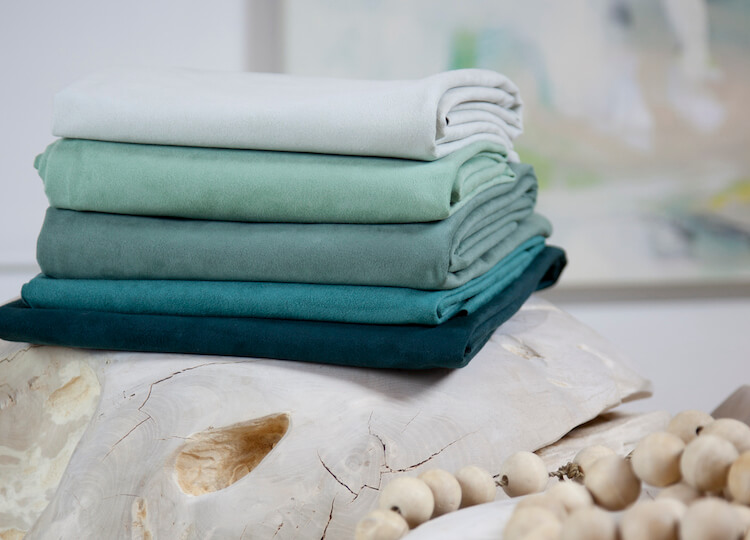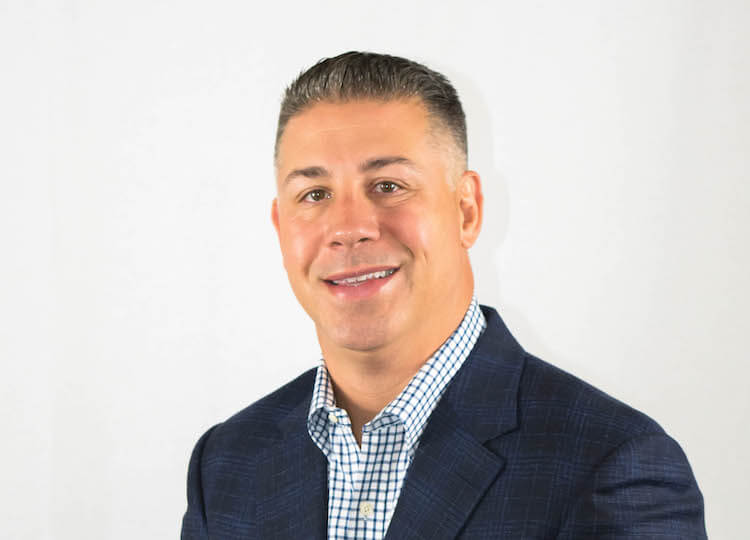Tapis helps keep the weight off
This is a special feature from PAX Tech's 2022 Seating, IFE & Connectivity issue, on page 12.

Tapis’ Ultrasuede fabrics are partially plant-based and lightweight
If it seems that COVID-19 is finally subsiding, it's not. The pandemic is ongoing and will continue to affect the passenger experience long after travel restrictions are lifted and mask mandates are removed. The pressing questions that the industry faces now are, "what’s next?" and, "how can we prepare for it?"
Aircraft cabin interiors fabric developer Tapis Corporation tells PAX Tech that the rising cost of jet fuel will have the most immediate impact on the passenger experience. Tapis considers the price of Brent Crude, the name given to a relatively light crude oil made from a blend of crudes from 19 oil fields in the North Sea, as a benchmark for crude oil prices per barrel.
Fuel prices play a part in many of the decisions that airlines make, including seating materials. Saving weight and developing sustainable products has Tapis busy in both fronts; and the company has set long-term goals and developed fabrics to meet immediate concerns.
"You have to pay the pilots, pay the crew, put food on onboard, supply headsets. Then you've still got to clean the toilets and all that jazz. Those are all fixed costs per flight. But in addition, you’ve also got fuel costs — the highest cost element of any flight," says Matthew Nicholls, Sales Director at Tapis. "What happens when the cost per barrel triples? It means either ticket prices are going to go up, or it means the margin becomes compressed, so the service gets less for the passenger."
Growing pains
Nicholls says two or three years ago the price per barrel was around US$40. According to countryeconomy.com, the price for Brent Crude oils in February 2022 was US$97.13 and US$118.05 in March. Over the last 12 months, the price has risen 80.48 percent. Nicholls says the bell for immediate concern has not begun to ring yet, but an attentive industry should expect it soon.
Allied Market Research, a market research and advisory company of Allied Analytics LLP, said in a March 30 press release that the global jet fuel market is expecting a slowdown due to the ongoing pandemic.
"[The] jet fuel industry is anticipated to get directly affected for the next one or two years, if the growth of the traveling industry declines, as it is one of the major consumers of jet fuel. Moreover, companies are dealing with missing sales and disrupted supply chains as production activities shutdown," said the release.
Sustainable changes
Lauren Kenealy, Marketing Associate at Tapis, explains that sustainable innovations play a large role in the future success of commercial aviation, which the company has kept at the forefront of its product development.
"We want to be small stepping stones that become a part of the big picture," Kenealy says during a March interview on Zoom with PAX Tech. "We are in a market that is often targeted for not being the most sustainable. So, we want to create products that aid in the development of sustainability. We offer several lightweight materials that are ideal for seating and vertical surfaces. We don’t want our material to weigh any more than it needs to."
The lighter the interiors materials, the lighter the overall load of the aircraft.
"Let’s say a 787 weighs a metric ton. If you decrease that weight from a metric ton to 0.8 of a ton. All of a sudden that aircraft doesn’t burn as much fuel. You’re not pushing as much ‘stuff’ through the air," Nicholls says. "If an airline’s fuel-related costs have increased by three times the amount, you can offset that by burning less gas. At the end of the day, it all boils down to cost."
Keep shedding the pounds
"Tapis has always focused on saving weight and developing lightweight products and fabrics. It’s built into the DNA of our products," says Jason Estes, Vice President of Global Sales and Marketing. "But we know as technology continues to advance and the industry has a demand for it, we can make our products even more lightweight and sustainable."

Jason Estes, Vice President of Global Sales and Marketing, Tapis
Tapis also has the goal of including plant-based and renewable materials within its products by 2030.
"Our Ultrasuede is already partially plant-based. TapiSuede has 88 percent recycled polymers in it. And several other Tapis products are sourced from natural resources that can be easily restored. We are taking small steps to bring renewable and plant-based products to the industry while keeping it lightweight for all the reasons we’ve already talked about," explains Kenealy.
When air travel starts returning to normal, Tapis says it hopes to see industry innovations continue to excel – and to see what lightweight products will hit the market.
"Before the pandemic, there was a lot of exciting, innovative things going on," says Estes. "There was a lot of retrofits happening, reconfiguring of aircraft. And a lot of that has been delayed or paused due to the pandemic. We are excited to see the industry continue to grow again and see positive change for our customers."

